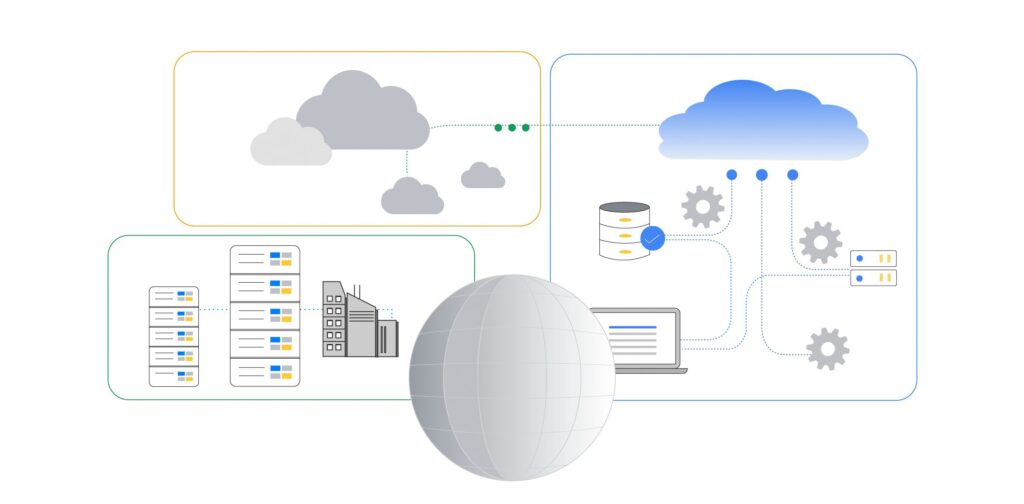
In the era of cloud computing, the networking landscape has evolved significantly. Traditional networking models are being replaced by more dynamic and flexible solutions that accommodate the needs of modern businesses. Among these innovations, the concept of a Cross-Cloud Network has emerged as a powerful framework for achieving private, customizable, and flexible networking across multiple cloud environments.
Understanding the Cross-Cloud Network
The Cross-Cloud Network refers to a networking architecture that spans across different cloud platforms, enabling seamless connectivity and data exchange between them. Unlike traditional networking approaches that are tied to specific infrastructures, the Cross-Cloud Network is designed to be agnostic, allowing organizations to leverage resources from various cloud providers while maintaining control and security.
Private Networking
One of the key features of the Cross-Cloud Network is its ability to establish private communication channels between cloud environments. By utilizing virtual private networks (VPNs) or dedicated connections, organizations can create secure, isolated networks that facilitate the transfer of sensitive data without exposing it to the public internet. This private networking approach ensures confidentiality and integrity, mitigating the risk of unauthorized access or data breaches.
Customizable Architecture
Flexibility is another hallmark of the Cross-Cloud Network. Organizations have the freedom to design and customize their network architectures according to their specific requirements and preferences. Whether it’s configuring network policies, defining routing rules, or implementing security measures, the Cross-Cloud Network provides a high degree of customization, allowing businesses to tailor their networking infrastructure to suit their unique needs.
Flexible Connectivity Options
Connectivity is the lifeblood of modern cloud environments, and the Cross-Cloud Network offers a plethora of options for establishing and managing connections. From virtual private connections to software-defined networking (SDN) solutions, organizations can choose the connectivity option that best suits their bandwidth, latency, and reliability requirements. Additionally, the Cross-Cloud Network supports hybrid cloud deployments, enabling seamless integration between on-premises infrastructure and public cloud resources.
Benefits of the Cross-Cloud Network
The adoption of a Cross-Cloud Network offers several significant benefits for organizations:
Enhanced Security: Private networking ensures that data remains protected from external threats, reducing the risk of unauthorized access or data breaches.
Scalability: The flexibility of the Cross-Cloud Network allows organizations to scale their networking infrastructure dynamically in response to changing business needs and workload demands.
Cost Optimization: By leveraging multiple cloud providers and optimizing network resources, organizations can achieve cost savings while maximizing performance and reliability.
Resilience: The distributed nature of the Cross-Cloud Network enhances resilience and fault tolerance, ensuring continuous operation even in the event of network failures or outages.
Conclusion
As businesses continue to embrace cloud computing, the importance of robust and flexible networking solutions cannot be overstated. The Cross-Cloud Network represents a paradigm shift in networking architecture, offering private, customizable, and flexible networking capabilities across multiple cloud environments. By adopting a Cross-Cloud Network approach, organizations can unlock new levels of agility, security, and efficiency in their cloud operations, laying the foundation for future growth and innovation.
